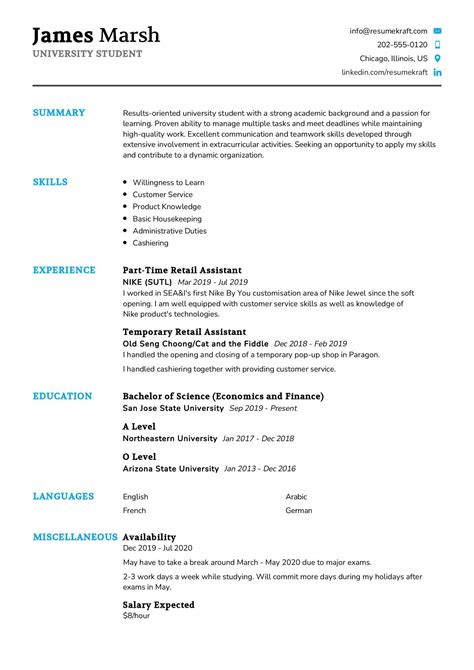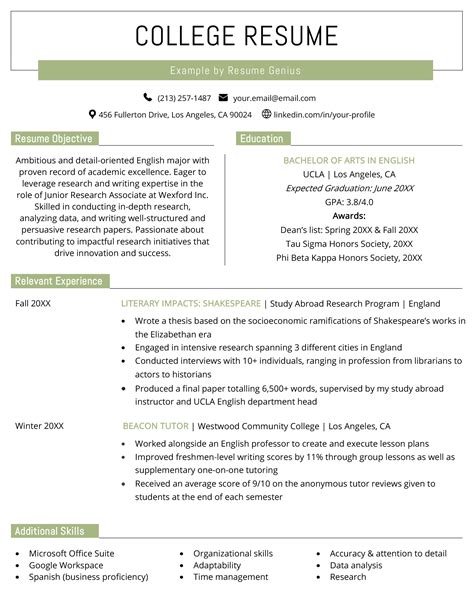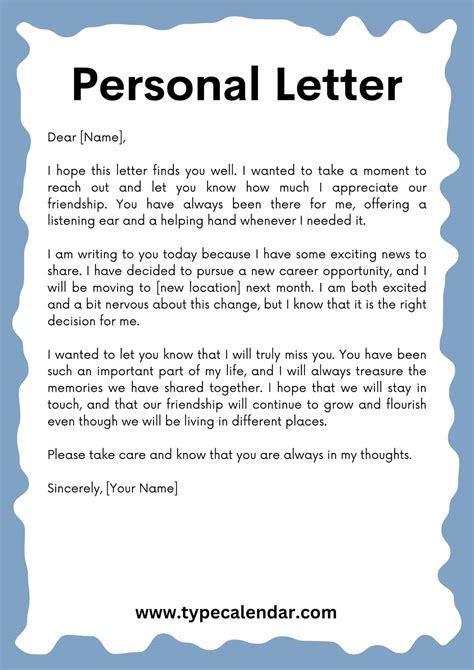University Student Resume

Creating a compelling resume as a university student can be a daunting task, especially when you're just starting out and may not have extensive work experience. However, crafting an effective resume is crucial for landing your desired internships, part-time jobs, or even full-time positions after graduation. This guide will provide you with expert insights and practical tips to showcase your skills, achievements, and potential, ensuring your resume stands out in a competitive job market.
Crafting a Dynamic Resume: A Comprehensive Guide

Your resume is a powerful tool that introduces you to potential employers, highlighting your qualifications, experiences, and skills. It is a snapshot of your professional journey so far and a gateway to exciting opportunities. As a university student, you may feel like your resume is lacking, but with the right strategies and a bit of creativity, you can craft a dynamic and impressive document that captures the attention of recruiters.
Section 1: Personal Information and Profile
Begin your resume with your full name, contact details (including a professional email address), and a career objective or a profile summary. This section should be concise and engaging, providing a quick glimpse of your aspirations and key strengths. For instance, "Energetic and results-driven Marketing major seeking an internship to apply theoretical knowledge and develop practical skills."
Section 2: Education
Detail your educational background, including the name of your university, degree program, expected graduation date, and any relevant coursework or projects that align with your career goals. If you have achieved notable academic honors, scholarships, or have maintained a high GPA, be sure to include them here. For example:
- University of California, Berkeley - Bachelor of Arts in Economics, Expected Graduation: May 2024
- Relevant Courses: Advanced Macroeconomics, Data Analysis for Business, Marketing Strategy
- Dean's List - Spring 2022, Fall 2023
Section 3: Work Experience
List your part-time jobs, internships, or volunteer positions under this section. Describe your role, responsibilities, and achievements for each position. Even if you have limited professional experience, highlight the transferable skills you gained and the impact you made. Use action verbs and quantify your achievements whenever possible. For instance:
- Marketing Intern - XYZ Company, Summer 2023
- Conducted market research and analyzed competitor strategies to inform marketing campaigns.
- Developed a social media content calendar, resulting in a 15% increase in engagement.
- Assisted in the launch of a new product line, contributing to a 20% growth in quarterly sales.
Section 4: Skills
Showcase your technical and soft skills in this section. Technical skills could include proficiency in specific software, programming languages, or design tools. Soft skills might encompass leadership, communication, problem-solving, or teamwork abilities. Provide specific examples or certifications to validate your skills. For example:
- Technical Skills: Proficient in Adobe Creative Suite (Photoshop, Illustrator), HTML/CSS, Microsoft Office Suite.
- Soft Skills: Strong interpersonal and communication skills, with experience in leading team projects and facilitating group discussions.
Section 5: Extracurricular Activities and Achievements
Highlight your involvement in campus organizations, clubs, sports teams, or community service projects. These experiences demonstrate your leadership, teamwork, and time management skills. Include any leadership positions you've held and the impact you made. For instance:
- President, Berkeley Marketing Club (2022-2023) - Led a team of 15 members to organize marketing workshops and networking events, engaging over 200 students and industry professionals.
- Volunteer, Habitat for Humanity - Participated in weekly build sessions, contributing to the construction of 3 homes in the local community.
Section 6: Additional Information (Optional)
You can include a section for additional information to provide a more holistic view of your candidacy. This might include language proficiency, relevant certifications, professional affiliations, or even personal interests if they align with your career path. For example:
- Language Proficiency: Fluent in Spanish (Advanced level) and basic French skills.
- Certifications: Certified in Google Analytics and AdWords.
Tips for an Effective University Student Resume

Here are some additional tips to enhance your resume:
- Use a Professional Format: Choose a clean and easy-to-read resume format. Use clear headings, consistent font styles, and adequate white space to make your resume visually appealing.
- Quantify Your Achievements: Whenever possible, use numbers to quantify your accomplishments. This adds credibility and helps employers quickly understand the impact you've made.
- Highlight Transferable Skills: Even if a job or internship is not directly related to your field of study, identify the transferable skills you gained and how they can be applied in the desired role.
- Use Action Verbs: Begin your bullet points with strong action verbs to describe your responsibilities and achievements. Examples include "Managed," "Implemented," "Collaborated," and "Analyzed."
- Proofread and Edit: Grammar and spelling errors can diminish the impression of your resume. Always proofread your work and consider asking a friend or career counselor to review it for feedback.
Conclusion: Taking the First Step
Crafting an impressive resume as a university student is a valuable skill that will serve you throughout your academic and professional journey. By following these guidelines and continuously refining your resume, you'll be well-prepared to tackle the job market and showcase your unique talents and potential. Remember, your resume is a living document, and it should evolve as you gain more experiences and skills. Stay proactive, and don't be afraid to seek feedback and make improvements.
Frequently Asked Questions
How long should my resume be as a university student?
+As a university student, your resume should ideally be one page long. This length allows you to highlight your most relevant skills and experiences without overwhelming the reader. However, if you have extensive achievements or a longer work history, a well-structured two-page resume is acceptable.
Should I include my GPA on my resume?
+Including your GPA on your resume can be beneficial, especially if you’ve maintained a high GPA and it aligns with the qualifications for the position you’re applying for. However, if your GPA is below average or not a strong representation of your academic performance, it’s optional. Focus on showcasing your strengths and relevant achievements instead.
What if I don’t have any relevant work experience?
+Many university students face this challenge. In such cases, focus on highlighting your academic achievements, relevant coursework, and extracurricular activities that demonstrate your skills and interests. You can also mention any volunteer work or part-time jobs that have allowed you to develop transferable skills.
How can I make my resume stand out?
+To make your resume stand out, focus on the quality of your content. Use clear and concise language, and ensure your achievements are well-quantified. Include a mix of hard skills (technical abilities) and soft skills (leadership, communication, etc.). Consider adding a unique section, such as “Projects” or “Awards and Recognitions,” to showcase your accomplishments.
Should I include references on my resume?
+It is not necessary to include references on your resume. Instead, you can add a statement at the end of your resume, such as “References available upon request.” This way, you provide the option for the employer to request references without taking up valuable resume space.


